Eligibility criteria generally include a Bachelor's degree in biology or a related field, along with specific academic prerequisites. The fee structure for the program varies among universities and countries, influenced by factors such as location, reputation, and program duration.
Eligibility & Fee Structure for M.Sc. in Life Science Course
A Master of Science (M.Sc.) in Life Sciences is a postgraduate program designed for students who wish to delve deeper into the study of living organisms, biological processes, and related fields. It offers various specializations, including microbiology, genetics, ecology, and molecular biology, among others. If you're considering pursuing this program, it's crucial to understand the eligibility criteria and fee structure. In this comprehensive guide, we'll explore the typical requirements and costs associated with an M.Sc. in Life Sciences.
M.Sc. in Life Sciences Eligibility Criteria
The eligibility criteria for M.Sc. in Life Sciences programs can vary from one university or institution to another. However, several common prerequisites are generally expected of applicants:
-
Bachelor's Degree: Applicants should typically hold a Bachelor's degree in a relevant field, such as Biology, Zoology, Botany, Biochemistry, Microbiology, Genetics, or a related discipline from a recognized university or college.
-
Minimum Percentage: Many universities require candidates to have a minimum percentage or grade point average (GPA) in their undergraduate degree. This minimum percentage often falls within the range of 50% to 60%.
-
Entrance Examinations: Some institutions conduct entrance examinations as part of the admission process. These exams assess a candidate's knowledge in areas related to life sciences. The specific exam and its weight in the admission process can vary by institution.
-
Letters of Recommendation (LORs): Applicants are usually required to submit letters of recommendation from professors or professionals who can vouch for their academic abilities and potential in the field of life sciences.
-
Statement of Purpose (SOP): A well-written statement of purpose or personal statement is often required. This document should outline the applicant's motivation for pursuing an M.Sc. in Life Sciences, research interests, career goals, and how the program aligns with their aspirations.
-
English Language Proficiency: International students from non-English-speaking countries may need to provide proof of English language proficiency through standardized tests like IELTS or TOEFL.
-
Interview: Some universities may conduct interviews as part of the admission process. These interviews can assess a candidate's academic and research interests and their suitability for the program.
-
Relevant Coursework: Having completed specific undergraduate courses in biology, chemistry, genetics, or related subjects can be an advantage during the admission process.
-
Research Experience: Some programs may give preference to applicants with prior research experience or relevant internships in the field of life sciences.
M.Sc. in Life Sciences Fee Structure
The fee structure for an M.Sc. in Life Sciences program can vary significantly based on several factors:
-
Type of Institution: Public universities or government-funded institutions generally offer lower tuition fees compared to private institutions. Government-funded universities may receive subsidies, reducing the cost of education for students.
-
Geographical Location: Tuition fees can differ based on the country, state, or city where the institution is situated. Different regions may have varying fee structures.
-
Institution's Reputation: The prestige and reputation of the institution can impact tuition fees. Highly ranked universities may charge higher fees.
-
Residency Status: Some institutions differentiate between in-state and out-of-state students, with lower fees for residents of the state where the institution is located.
-
Financial Aid: Many universities offer scholarships, grants, or financial aid to deserving students. These financial assistance programs can help students cover their educational expenses.
-
Additional Costs: In addition to tuition fees, students should budget for other expenses, such as registration fees, laboratory fees, the cost of study materials and textbooks, and research-related expenses.
-
Accommodation: If students plan to reside in university accommodations or hostels, they should consider associated fees and expenses.
-
Research Projects: M.Sc. in Life Sciences programs often include research projects, and students may need to budget for expenses related to laboratory work, data collection, and scientific equipment.
 2 Years
2 Years
 Post Graduate
Post Graduate
 Science
Science


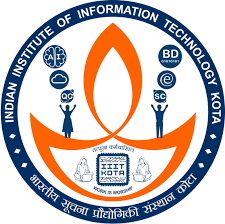

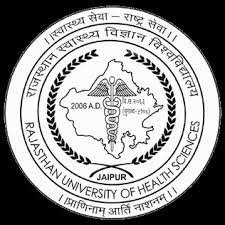

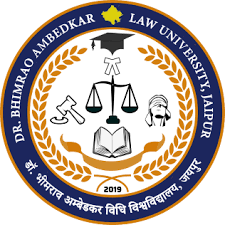


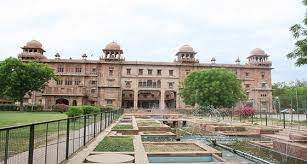
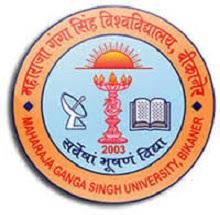

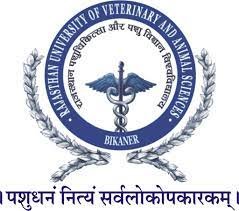

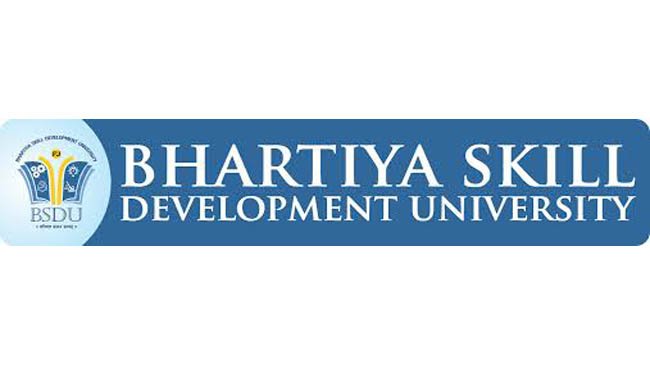

 back
back